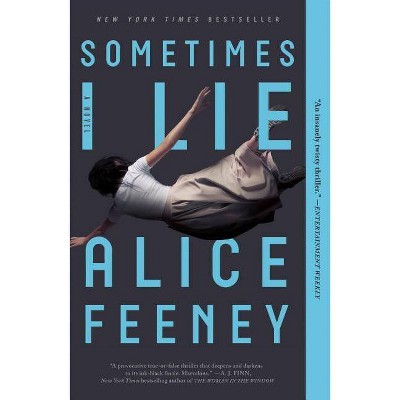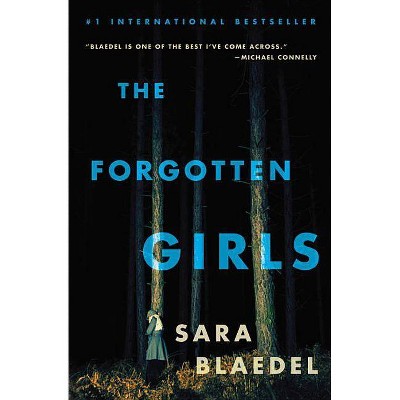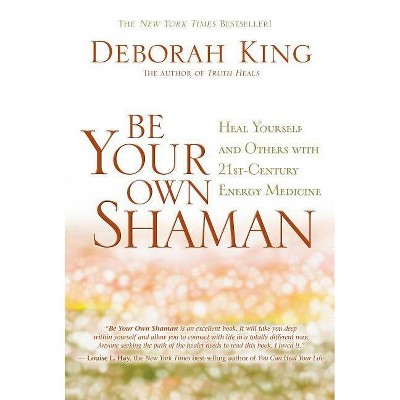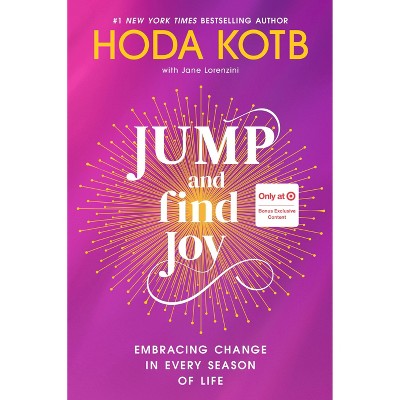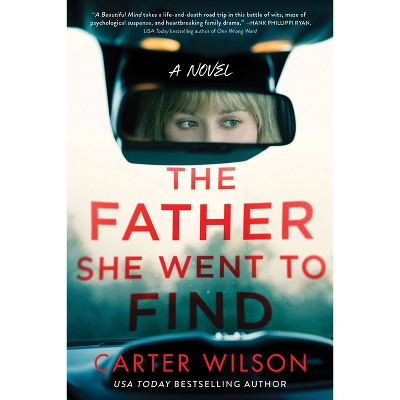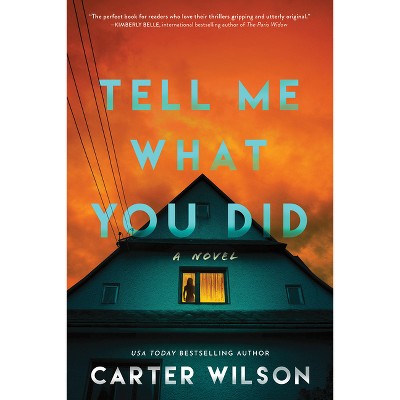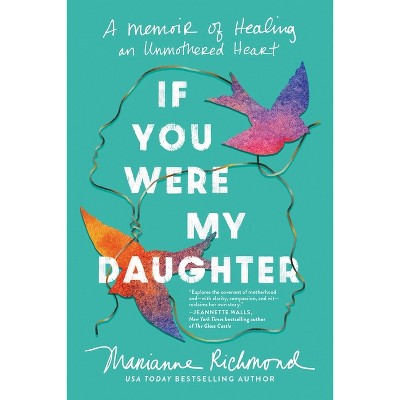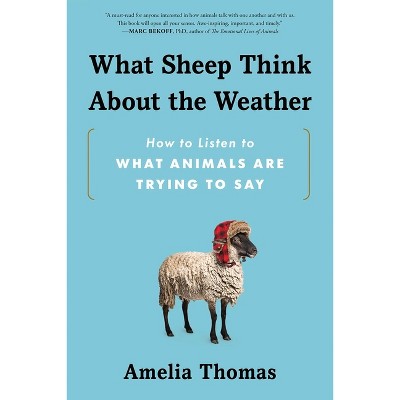Sponsored

When We Spoke to the Dead - by Ilise S Carter (Paperback)
In Stock
Sponsored
About this item
Highlights
- Ghosts spoke.
- About the Author: Ilise S. Carter is freelance writer and performer based in New York City.
- 304 Pages
- Body + Mind + Spirit, Occultism
Description
About the Book
"Spiritualism's influence affects every corner of society. As political as it is spiritual, the movement was once defined by the belief that the living could speak freely with the dead, and that the dead spoke back. Since the mid-1800s, Americans have increasingly embraced occult rituals that have been stripped of their darkness and shined up like a lucky penny. But how did these once forbidden practices, like sA(c)ances and horoscope readings, enter the mainstream? Beginning with the Fox sisters, who could converse with the dead in New York, When We Spoke to the Dead traces spiritualism's brightest and darkest characters across the nation through extensive research and interviews with present-day believers, debunkers, and historians to make sense of how Americans, who once hung women for witchcraft, have now accepted occult practices so much that they buy ritual sage at Walmart. Digging through layers of colonialism, racism, xenophobia, misogyny, health, and politics, When We Spoke to the Dead examines how we got here and why America continues to be obsessed with the occult"-- Provided by publisher.Book Synopsis
Ghosts spoke. Women listened. Everything changed.
It began with whispers in a dimly lit room. In the 1840s, the Fox Sisters--and the legions of mediums they inspired--ignited the Spiritualist movement that swept through Victorian parlors and presidential campaigns alike. Contacting the dead wasn't merely a parlor trick: It was a political statement, a declaration of self that still echoes. Séances attracted suffragists and scientists, skeptics and charlatans, giving women a voice in a society that often refused to hear them. But as Spiritualism surged, it also blurred the lines between faith, fraud, feminism, and financial opportunity, drawing figures as varied as Harry Houdini, Victoria Woodhull, and even modern self-help gurus into its ever-expanding orbit.
From wartime séances to the rise of televangelists, from Victorian ghosts to goop-approved wellness rituals, When We Spoke to the Dead unearths the forgotten roots of today's obsession with manifestation, mysticism, and the power of belief. Exploring America's deep-seated hunger for the unseen--whether through politics, personal empowerment, or grief--this book traces how the supernatural, once condemned as heresy, became the ultimate commodity.
Step inside the séance room. The spirits have been waiting.
Review Quotes
"A delightful and lively exploration of our relationship with the dead. Grief may be, as Carter explains, a chronic illness with no known cure, but When We Spoke to the Dead is anything but glum. It's a searching and penetrating book, one that, by tracing our history with the dead, reminds us what it means to live." -- Colin Dickey, author of Ghostland: An American History in Haunted Places
"Carter brings wit and warmth to her exploration of the threads that bind grief, power, and the voices we get to hear." -- Abbott Kahler, New York Times bestselling author of Eden Undone
"This is the spiritual history book I didn't know I needed. It dives into the overlooked world of the folks who tried to talk to the dead, without trying to prove if it's "real" or not. What struck me most? How race, gender, politics, and our longing for connection shaped this unseen part of American culture. It's as if the book becomes a medium in itself, channeling the voices that history left behind." -- Ilona Pamplona, author of Human Design Made Easy
"In When We Spoke to the Dead, Ilise S. Carter blends memoir, cultural criticism, and skeptical inquiry into a soulful exploration of grief and the very human need for connection across realms. Witty and rigorously researched, the book reframes a forgotten American movement through a personal lens--offering insight not just into how we mourn, but why we still seek to speak to the dead." -- David Dominé, author of A Dark Room in Glitter Ball City
About the Author
Ilise S. Carter is freelance writer and performer based in New York City. Her first book, The Red Menace: How Lipstick Changed the Face of American History from Prometheus Books has been called "one of the most fascinating fashion histories I've ever read" by Harper's. As her award-winning stage persona, The Lady Aye, she has worked as sideshow performer with acts ranging from Rob Zombie to Cirque du Soleil and has appeared on Gossip Girl, Oddities, The President Show, Mysteries at the Museum, and Dickinson.
Shipping details
Return details
Frequently bought together
Trending Diet, Health & Fitness Books



